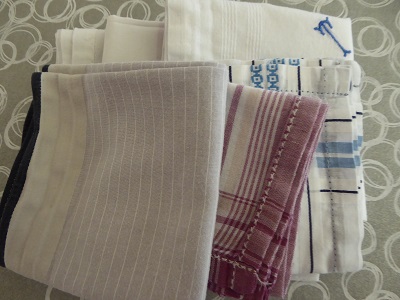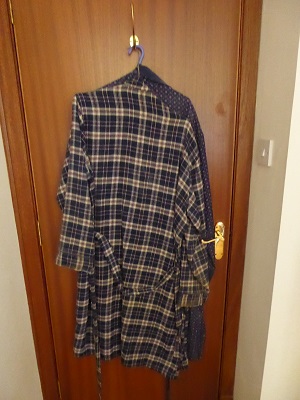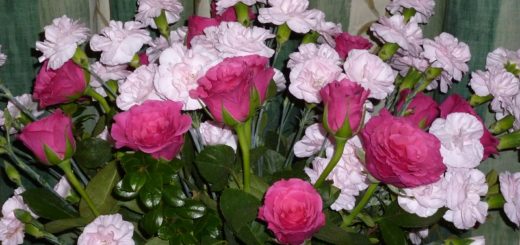Stuff
Because I am not good about dealing with “stuff”, I have been putting off writing about it. However, it is something we all face when a loved one dies. What do we do with all his/her stuff? I regard “stuff” as being all the things that fill our home. These may be
- Essential
- Useful
- Decorative
- Things that might come in useful one day
- Of sentimental value
- Difficult to dispose of
Particularly since moving to Scotland, I have found it very hard to get rid of things. There is so much poverty in South Africa, that everything and anything you throw away is gratefully received. I remember sorting stuff into piles of “useful” and “simply rubbish” and charities taking it all. Here, the charities will only take good quality items that can be sold in their shops. How the Third World would delight in all the things that end up in our landfill!
After Tom died, Son and I had to try to find all Tom’s papers. Although Tom had his own erratic filing system, our initial difficulty was to be able to move around his study to look for them. Tom subscribed to nine different scientific journals and kept them all, some dating back to 1960! In Cape Town, they were stored in his office, but they moved to Scotland with us, together with 40 years’ worth of research work. Son and I made many trips to the recycling depot to get rid of it all and to make space in the study. Although it was tiring work, it wasn’t too difficult emotionally because it was impersonal. Even the research notes could be safely thrown away, because I knew that it had all been published. I have previously mentioned that I sent his flower slides to Cape Town to be digitised. The latest count is over four thousand observations that have been posted by volunteers of the Botanical Society in memory of Tom, https://www.inaturalist.org/projects/tom-lloyd-evans. It was harder getting rid of other possessions because it felt as if I was throwing Tom away out of my life.

I kept some of Tom’s more tatty shirts to wear when I do my art as well as some of his hankies to accompany me on walks. My nose drips from the cold air and, when Tom and I were out walking, I often used to have to ask him to let me use his hankie because I didn’t have one on me. Now I keep one in every jacket pocket!
It may have been my childhood dream to live in a house with a library, but, since Tom died, that dream has turned into a bit of a nightmare. We are struggling to get rid of all the books. Some have been taken away by second-hand dealers, some have gone to charity shops, but the vast majority of them are simply not wanted. Do I really have to throw perfectly good books away?

The advice that Alan Wolfelt gives in “Healing a Spouse’s Grieving Heart” (page 55) is:
- To keep physical objects that bring you comfort.
- To regard such items as a concrete way to remember your spouse
- Not to be in a hurry to dispose of your spouse’s personal belongings
- To wait until you feel ready
Amongst the stuff yet to be disposed of are Tom’s dressing gowns (summer and winter) which are still hanging behind the bedroom door!

I admire folk who are able to lead a minimalist life-style. Jesus said “Do not store up for yourself treasures on earth, where moth and rust destroy, and where thieves break in and steal.” (Matthew 6:19). When I was at university, our Christian Union had a link with a mission station in the Transkei. Every summer, a group of students would spend a couple of weeks with the missionaries and help with maintenance work. The missionary couple, whom we called Uncle Harry and Aunty Gay, were a shining example of folk who had no attachment to earthly goods. They started a Xhosa Bible School, not by having any funds of their own, but by relying on God to supply their every need. This remarkable story is told by Prof. Johan Malan from the University of Limpopo in his post https://bibleguidance.co.za/Engarticles/Harry.htm. Having spent time with them at Kentani, I can verify that this story is true and that the Oosthuyzens were a genuinely loving couple, who inspired others with their warmth, kindness and humility. Alas, I fall very far short of their example and have far too much “stuff”. However, I hope that I can say, together with Paul, “I have learned to be content whatever the circumstances. I know what it is to be in need, and I know what it is to have plenty. I have learned the secret of being content in any and every situation, whether well fed or hungry, whether living in plenty or in want.” (Philippians 3:39)



